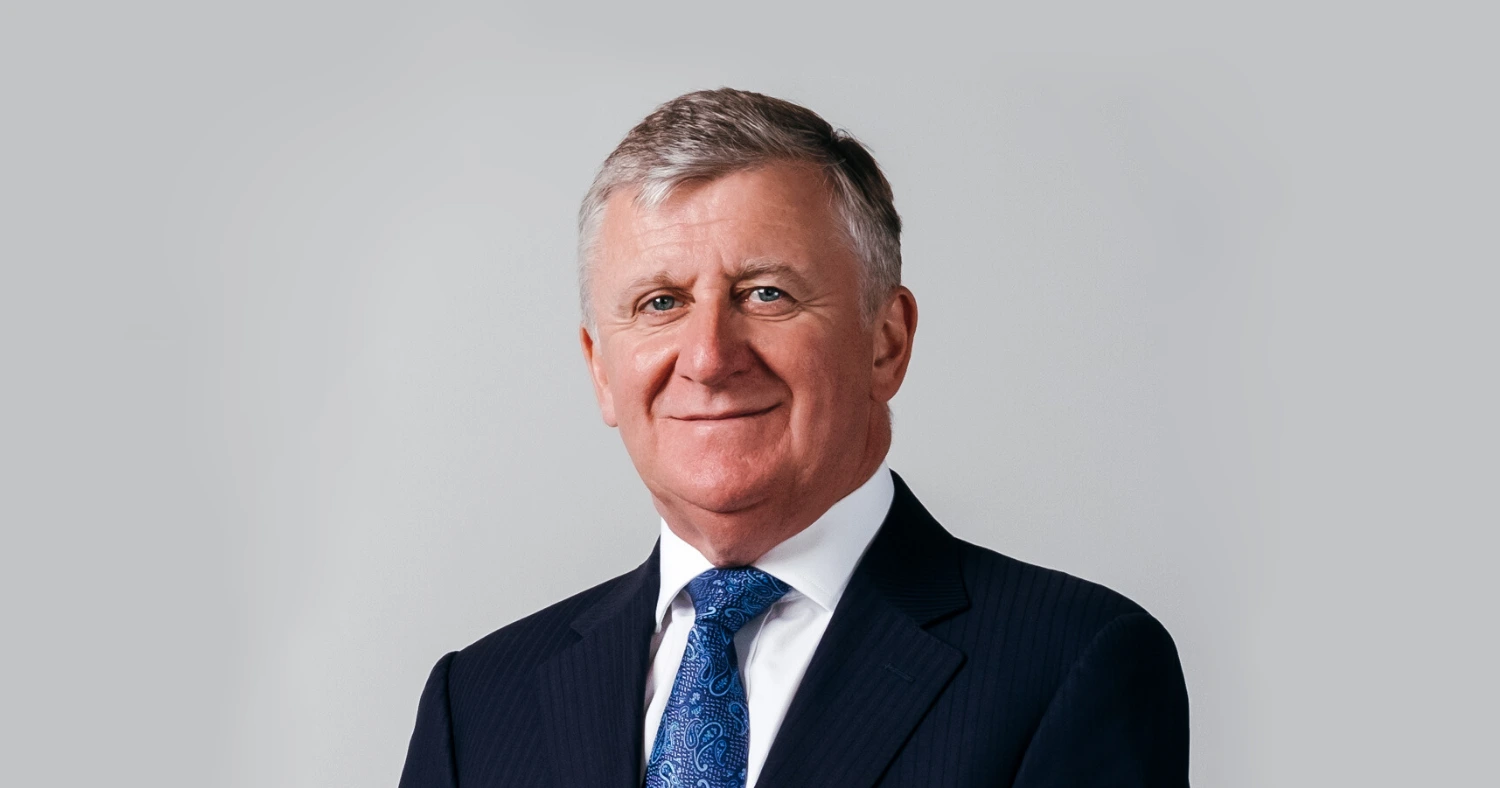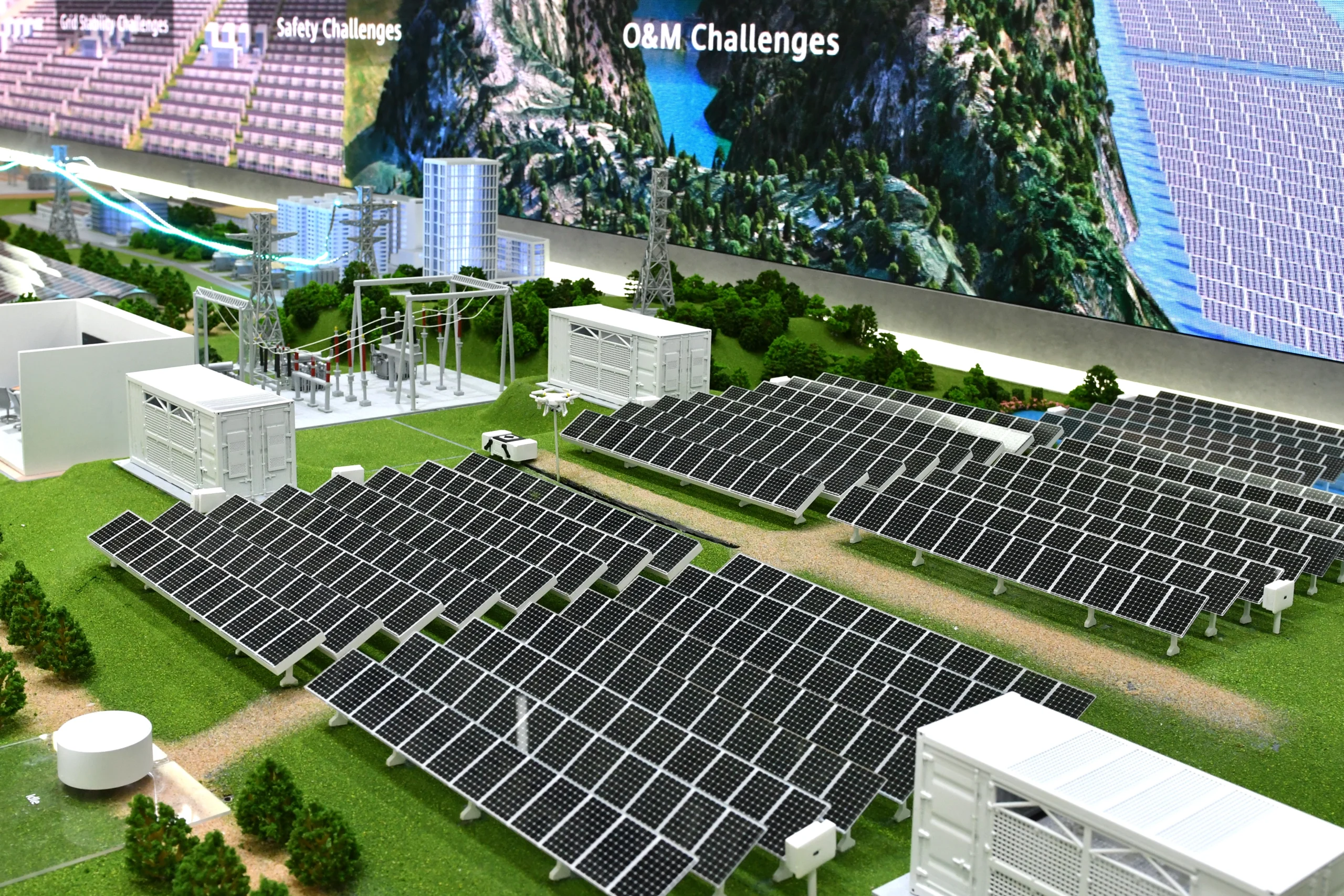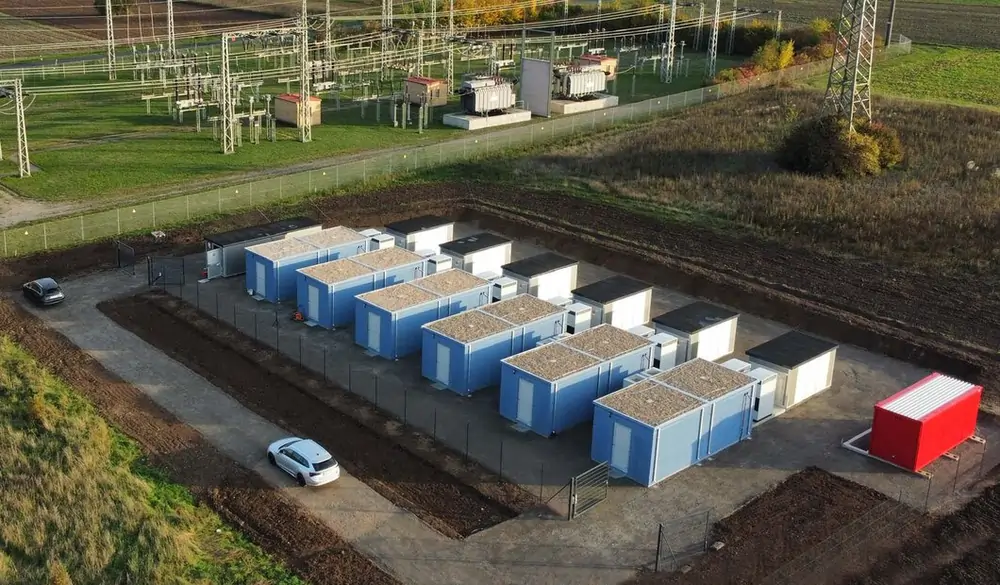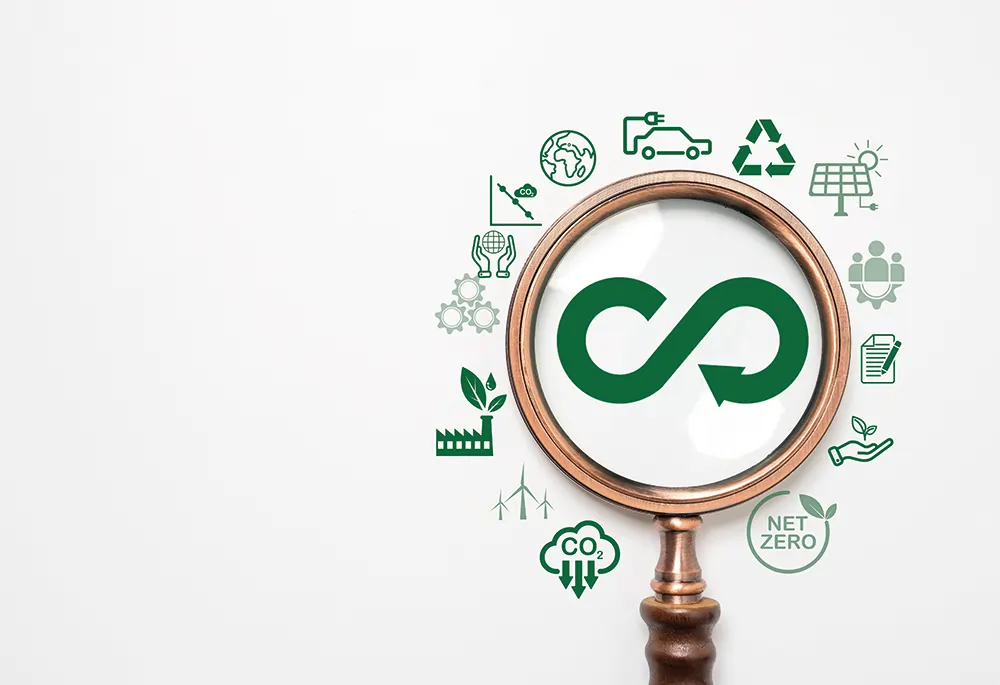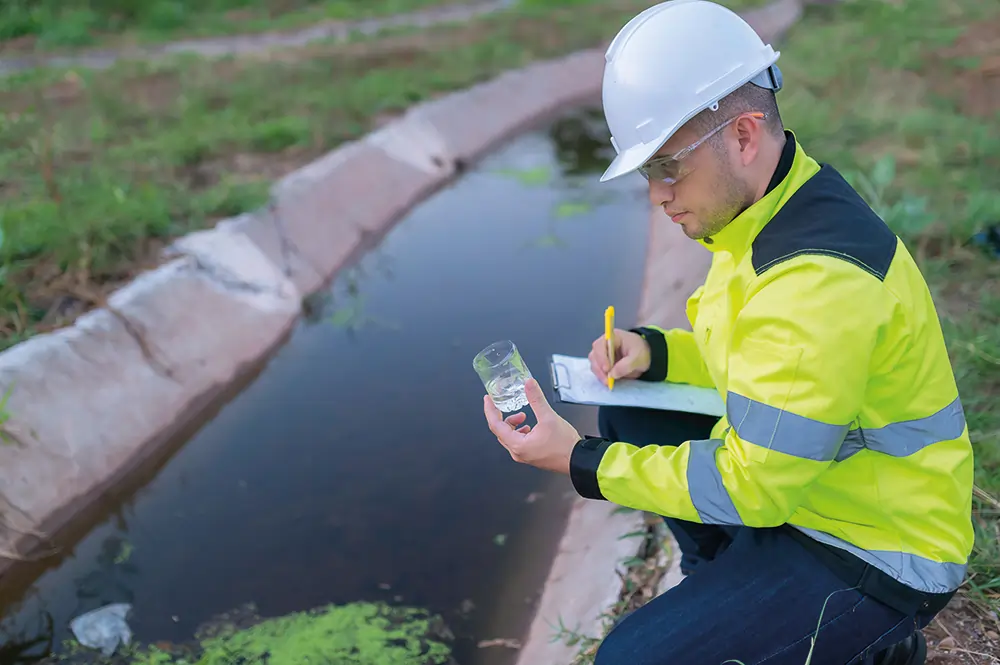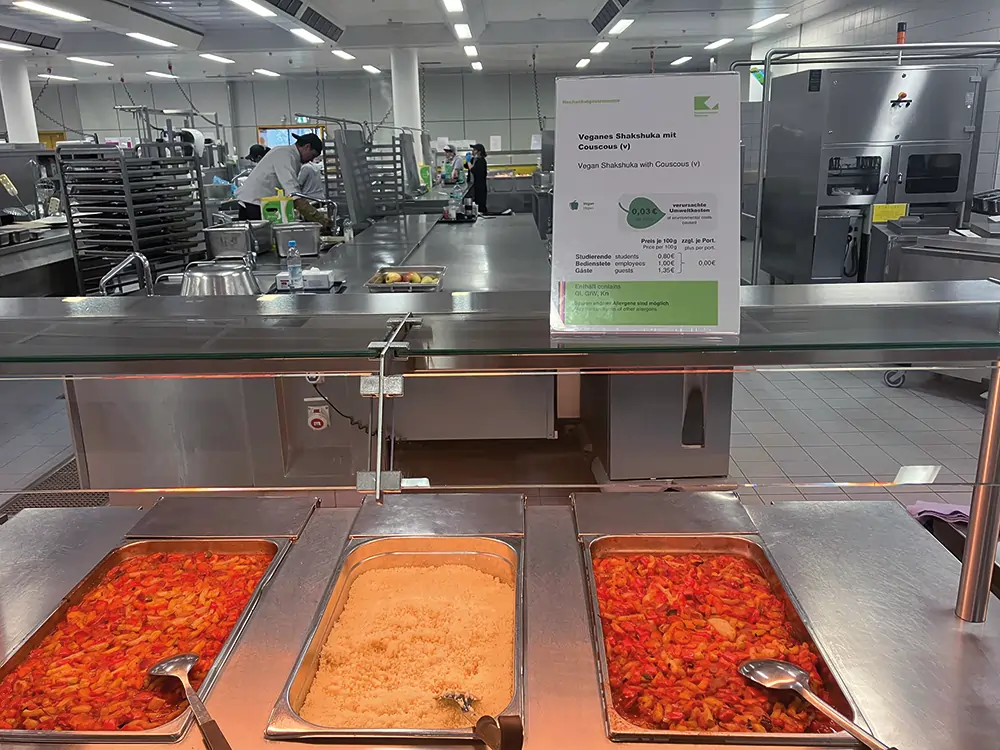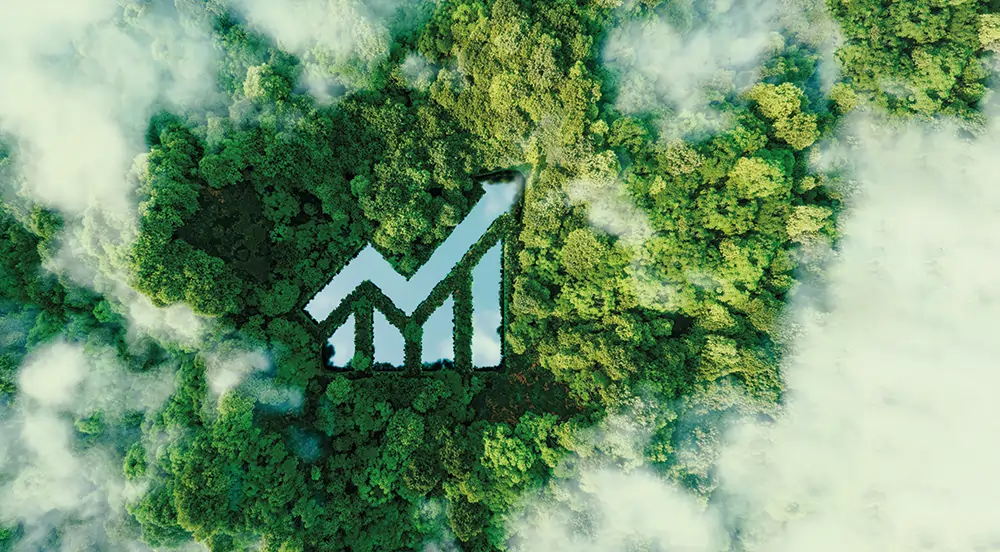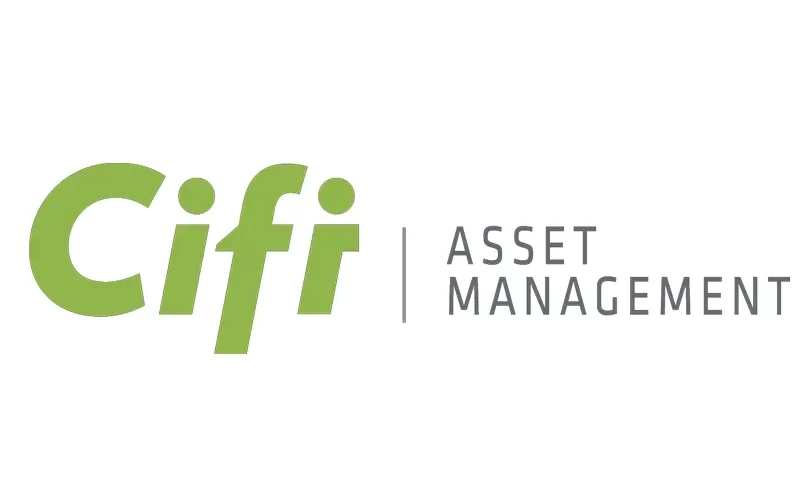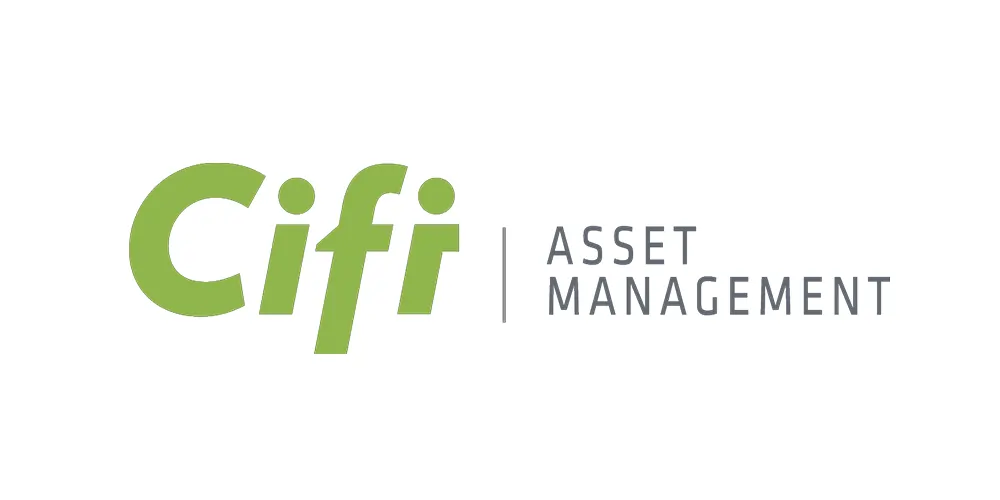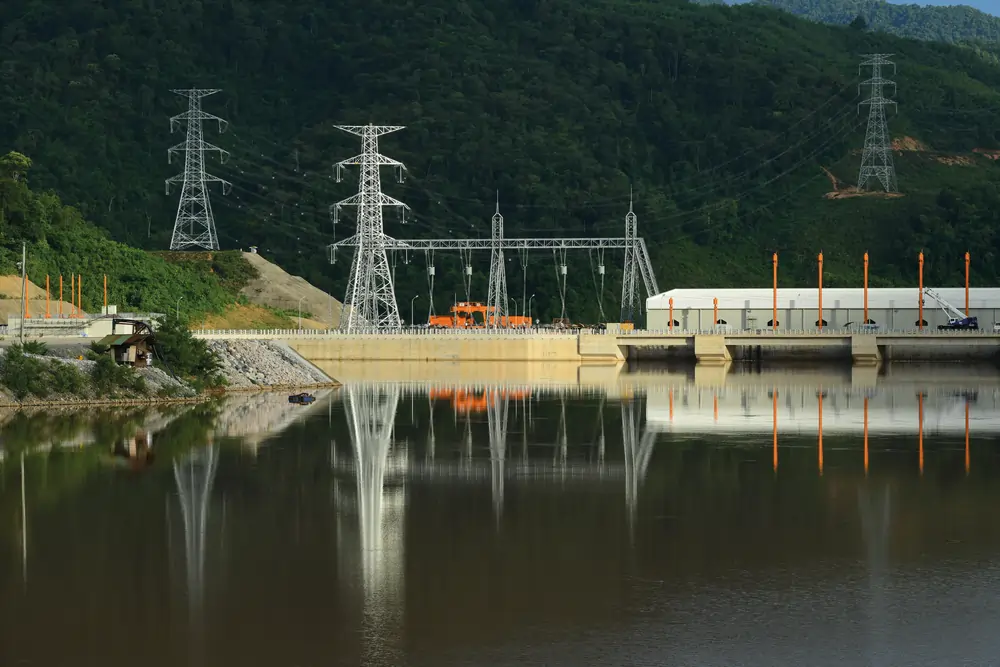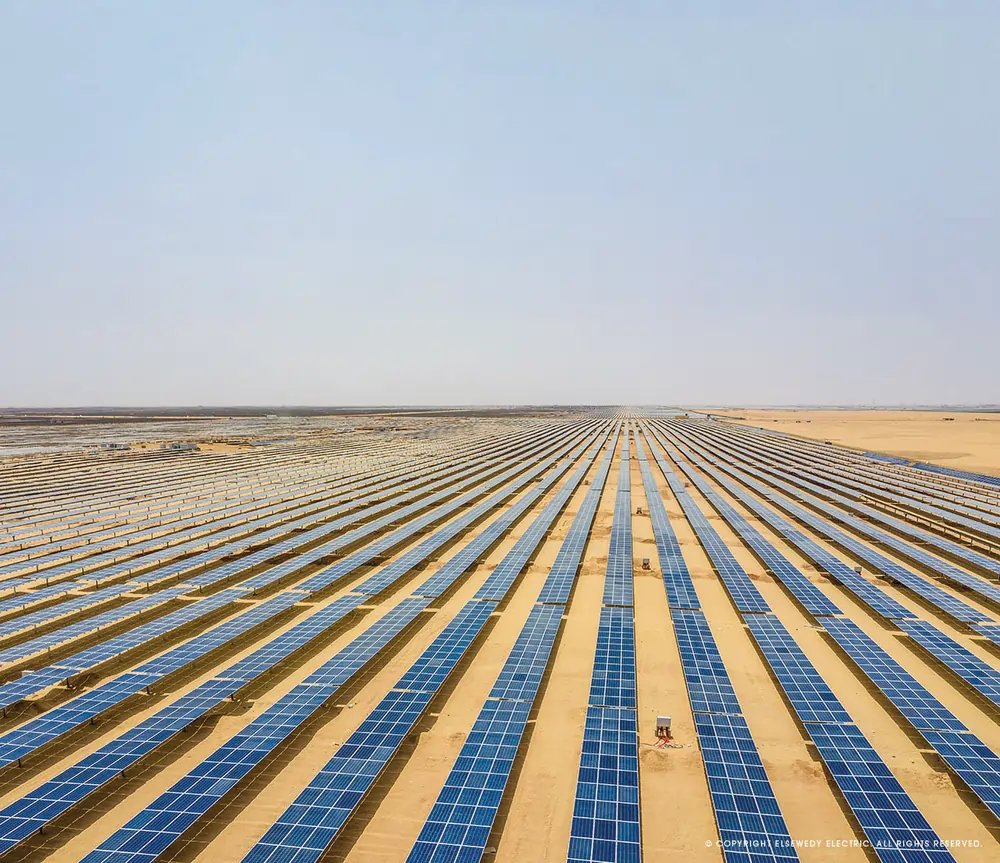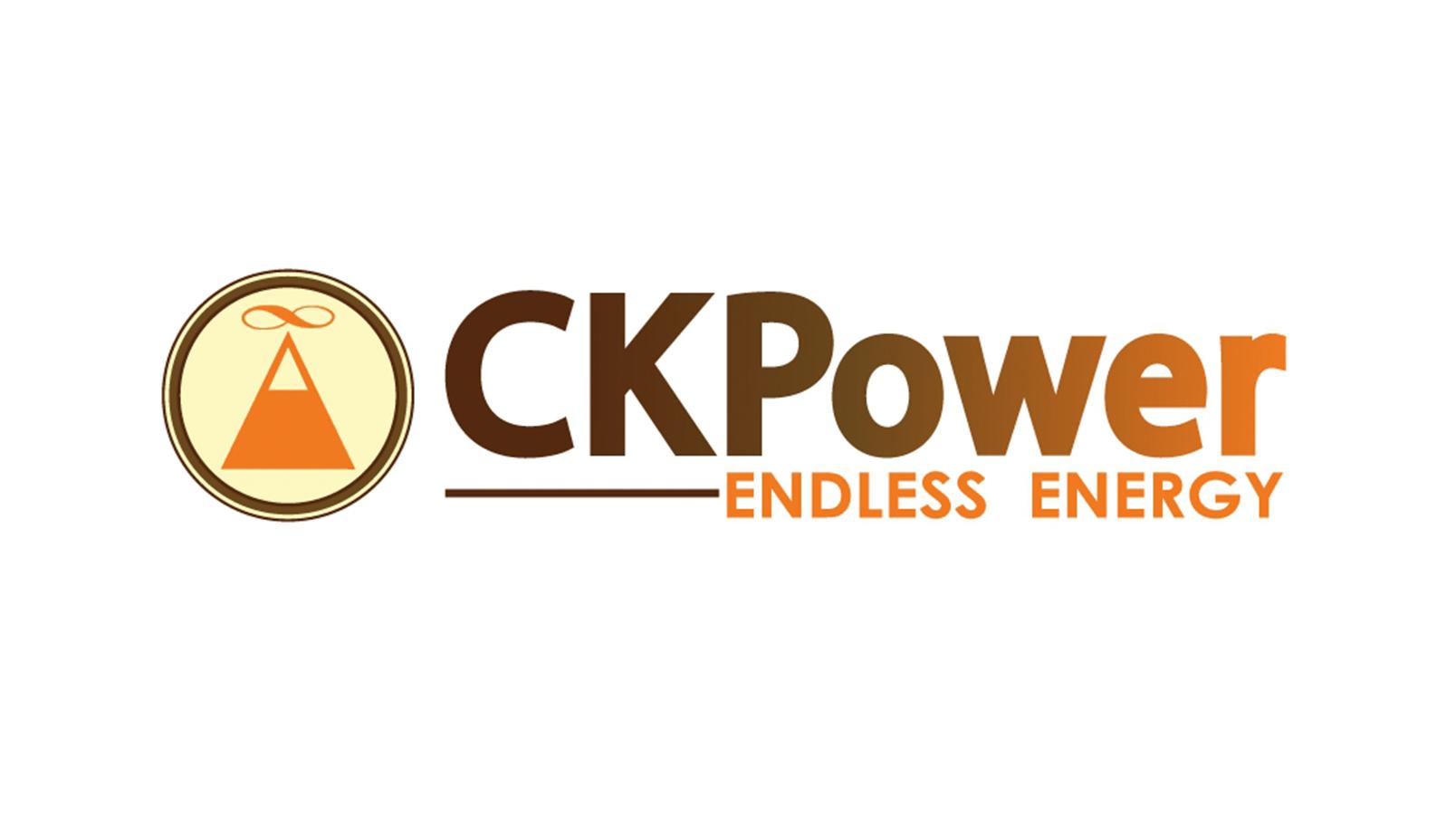ESG at IDFC FIRST Bank

John E. Kaye
- Published
- Banking & Finance, ESG, Home, Sustainability

Whilst always guided by a strong moral compass, IDFC FIRST Bank is now putting ESG initiatives front and centre of its operations
From its very inception, IDFC FIRST Bank has operated with a view to create, nurture, and preserve value for all its stakeholders, including society and the environment. While the bank has always operated with this ethos, it has now embarked on a transformative journey to formally integrate environmental, social, and governance (ESG) principles into its operations and activities. The bank’s longstanding dedication to social good and responsible practices has been the foundation of this initiative. From a strategic ESG perspective, the bank is taking conscious steps to capture fresh opportunities, mitigate emerging risks, and comply with new regulations, to protect the interests of its stakeholders. On the other hand, through its dedicated sustainability initiatives, the bank strives to play a meaningful role in contributing to society, protecting the environment, and building a better world. As a testament to its growing efforts, the bank has recently received the coveted ‘Golden Peacock Awards for ESG’ (National), by the Institute of Directors, and several other recognitions from various reputed forums.
Alignment to global standards and frameworks
IDFC FIRST Bank was India’s first financial institution to follow the Equator Principles, an internationally accepted credit risk management framework for identifying, assessing, and managing environmental and social risk in project finance. The bank has an Environment & Social Risk Management Framework, which lays down processes and guidelines for the appraisal process at various stages of the project for wholesale and retail banking. The Environment Risk Group (ERG) at the bank proactively works with clients and internal teams to identify and address environmental and social (E&S) risks associated with the projects. The bank has also adopted multiple globally aligned frameworks for its ESG reporting, such as GRI, SASB and Integrated Reporting. The bank is also a participant of the United Nations Global Compact (UNGC) and an official supporter of the Task Force on Climate Related Financial Disclosures (TCFD).
ESG governance
The bank’s Stakeholder’s Relationship, ESG and Customer Service Committee is responsible for providing oversight on the sustainability related aspects at the overall organisation level. The bank also has an ESG Management Committee comprising cross functional senior business leaders to continuously monitor, benchmark and enhance its ESG performance. The bank’s ESG initiatives are facilitated by a dedicated ESG team and a Steering Committee.
Key initiatives
Various efforts have been made by the bank to accelerate progress on climate change, green infrastructure, emissions baselining, influencing responsible purchase patterns, and lending to businesses such as EVs, which are critical in the transition towards a greener economy. For example, several large offices of the bank are LEED/IGBC certified, including its head office, which is rated at IGBC Platinum. The bank also responsibly manages its e-waste, which it disposes in an environmentally friendly manner.
The bank is a leading lender in the field of EV Two Wheelers, with maximum tie-ups, having financed over 147,000 units as of Q2 FY24. From a consumption finance standpoint, it financed over 96,000+ units of Invertor ACs in FY 2023; and are spreading awareness for using high energy-efficient products (such as 5-Star energy efficiency rated appliances) which can reduce electricity consumption and in turn, carbon emissions.
The bank has emphasised “Social Good” as part of its “Vision”, and has been making consistent strides on this front. The bank has pioneered financial inclusion products that expand credit access throughout rural communities and address the unbanked and underserved. IDFC FIRST’s rural banking business connects over 85,000 villages with financing for agriculture, micro-enterprises, infrastructure and energy efficiency. Female borrowers make up 60% of the bank’s rural lending portfolio. Dedicated business lines in the bank support the entrepreneurs, startups and MSMEs of India – a nation which recently emerged as the fifth-largest global economy and is projected to become the third by 2027.
IDFC FIRST Bank has also pioneered WASH (Water, Sanitation and Health) financing, where it lends towards purchase and renovation of sanitary infrastructure such toilets, tanks and sewerage. The bank has lent over INR10bn of loans in this regard, benefitting over 1.4 million users on the sanitation front.
From a governance perspective, the bank has always set high standards in adhering to good governance. The bank’s board is well-engaged and highly independent, with stalwarts from the industry functioning as its directors. The bank also has stringent policies on code of conduct, risk management, cybersecurity and others, while maintaining an unwavering focus on overall stability, adequacy and performance.
In conclusion, IDFC FIRST Bank has charted a robust pathway towards achieving sustainable growth, and in ensuring that it creates long-lasting positive impact. The bank’s key tenets of “Ethical”, “Digital” and “Social good” act as guardrails in this journey, and in building a truly world-class bank in India.
Further information
www.idfcfirstbank.com
RECENT ARTICLES
-
 Jersey builds on regulatory strength to stay globally competitive
Jersey builds on regulatory strength to stay globally competitive -
 Why hybrid energy systems are set to power the continent
Why hybrid energy systems are set to power the continent -
 ees Europe: The rise of large-scale storage systems
ees Europe: The rise of large-scale storage systems -
 From reputational risk to competitive advantage
From reputational risk to competitive advantage -
 Take your business success full circle
Take your business success full circle -
 Designed for life
Designed for life -
 Is your ESMS fit for purpose?
Is your ESMS fit for purpose? -
 Digitally enable your ESG solutions
Digitally enable your ESG solutions -
 Afore SURA - The journey to sustainable investment
Afore SURA - The journey to sustainable investment -
 ESG at IDFC FIRST Bank
ESG at IDFC FIRST Bank -
 Takeaways from eco food study
Takeaways from eco food study -
 It’s all about sustainability
It’s all about sustainability -
 Invest in a Greener Tomorrow with Westbrooke Associates
Invest in a Greener Tomorrow with Westbrooke Associates -
 Q&A with Cifi Asset Management's Ricardo Rico, Head of Funds & Javier Escorriola, Managing Partner
Q&A with Cifi Asset Management's Ricardo Rico, Head of Funds & Javier Escorriola, Managing Partner -
 The present calls for sustainable investments, and CIFI has heard that call
The present calls for sustainable investments, and CIFI has heard that call -
 The power to transform tomorrow
The power to transform tomorrow -
 UK to mismanage quarter of a million tonnes of plastic waste this year
UK to mismanage quarter of a million tonnes of plastic waste this year -
 How can visionary design save the world?
How can visionary design save the world? -
 Interview with Thanawat Trivisvavet, Managing Director of CKPower
Interview with Thanawat Trivisvavet, Managing Director of CKPower -
 Elsewedy Electric - Powering progress
Elsewedy Electric - Powering progress -
 Thailand’s CKPower leads sustainable business model
Thailand’s CKPower leads sustainable business model -
 It’s time to focus on the ‘S’ in ESG
It’s time to focus on the ‘S’ in ESG -
 The seven competencies of ESG leaders
The seven competencies of ESG leaders -
 Why businesses must begin their net zero journey now
Why businesses must begin their net zero journey now -
 Every drop of the ocean is connected - Ocean Bottle
Every drop of the ocean is connected - Ocean Bottle

